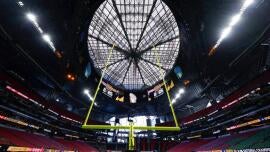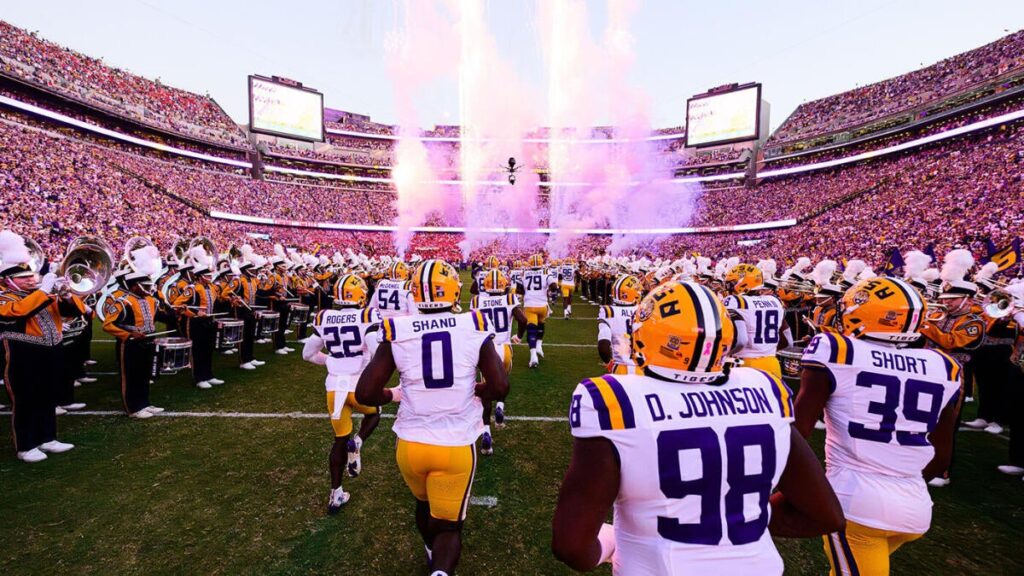The College Sports Commission (CSC) has softened its stance on NIL payments to student-athletes in yet another change of direction following the landmark House v. NCAA settlement earlier this summer. Though an earlier guidance from the CSC suggested that NIL collectives could no longer pay athletes directly following the House settlement, the commission revised that guidance on Thursday. Now, collectives can pay athletes — as long as those deals comply with current regulations.
A joint statement from the power conferences and House plaintiffs says collectives now must “have a valid business purpose related to offering goods or services to the general public for profit and fall within the range of fair market value compensation.”
In essence: there are benchmarks, and unregulated pay-for-play is still not allowed. The effectiveness of this stance remains to be seen, however.
The CSC’s initial guidance on NIL ruffled the feathers of both collectives and lawyers, and so the enforcement agency reworked the policy, per The Athletic. The updated guidance from the CSC suggests that the way some collectives have operated in the past — enticing athletes to play for a school via pay-for-play — does not meet its criteria.
“The traditional purpose of many NIL collectives — raising money to convince student-athletes to attend or play at an institution — does not satisfy the valid business purpose requirement for making NIL payments to student-athletes under the House Settlement,” the statement said.
Collective dealings will now be evaluated on a “case-by-case basis” in the NIL Go portal. Created by the CSC in partnership with Deloitte, the portal will determine the validity of NIL dealings based on a set of three criteria: the relationship between the payor and the school; whether the deal has a “valid business purpose”; and whether the deal falls in a range of compensation comparable to “similarly situated individuals.”
What is NIL Go? Explaining the College Sports Commission’s initiative to monitor name, image and likeness
Will Backus

The CSC’s reversal effectively means (mostly) business as usual for collectives, but there may still be some legal action down the line. Attorney Tom Mars told Yahoo Sports, “The collectives I represented suffered a lot of damage as a result of the improper guidance given on July 10 and I will be discussing their legal options with them.”
Read the full article here


